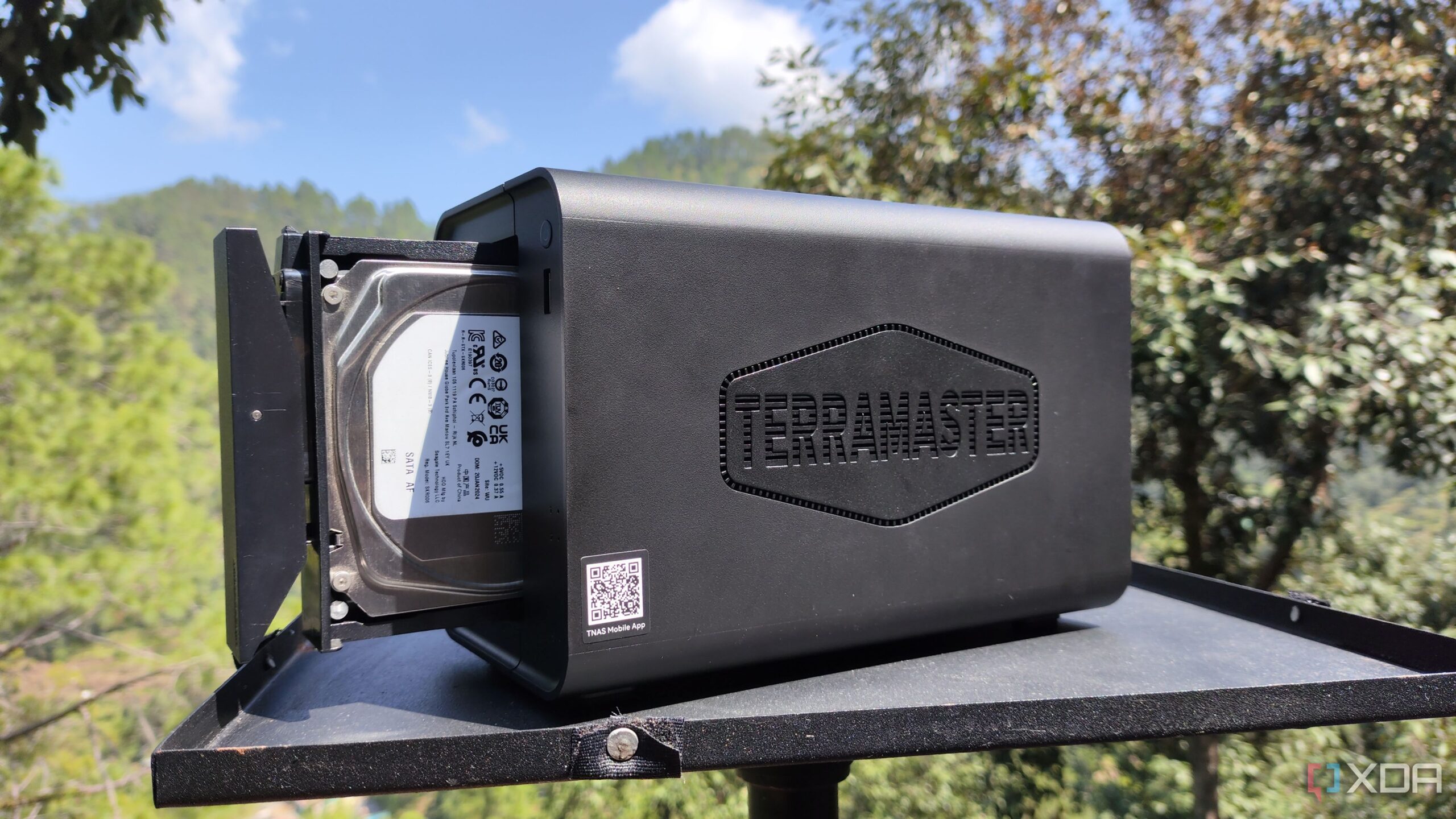Top Stories
NAS Devices Outperform External SSDs in Speed and Convenience

BREAKING: New insights reveal that Network Attached Storage (NAS) devices are outperforming external SSDs in speed and efficiency, fundamentally altering user experiences with data access. This unexpected trend has emerged as users report significant enhancements in NAS performance, leading to a paradigm shift in how data is stored and accessed.
The surge in NAS efficiency is linked to several key factors that elevate their usability over traditional external SSDs. One standout feature is the always-on availability of NAS systems, allowing users to access files instantly without the hassle of connecting a drive. Unlike external SSDs that require manual connection and system recognition, NAS devices integrate seamlessly into users’ file managers, making data retrieval as effortless as browsing local folders.
Moreover, advancements in caching and indexing have revolutionized how NAS devices operate. Users experience rapid data processing as the NAS quickly stores information in dedicated caching spaces. This optimization not only accelerates writing processes but also enhances the speed of accessing frequently used files, a feat that standalone SSDs struggle to replicate.
Another critical advantage lies in network optimizations. Contrary to conventional wisdom that links direct USB connections with superior speed, NAS systems can achieve remarkable transfer rates via fast LAN connections. Users can enhance performance further by utilizing advanced options like 2.5/10GbE ports or link aggregation, making NAS transfers exceptionally swift, even over Wi-Fi 6 connections.
The multitasking capability of NAS devices is also noteworthy. While external SSDs slow down during simultaneous transfers, NAS systems thrive on parallel access, allowing users to stream media or sync files without interruptions. This functionality not only boosts perceived speed but also enhances overall productivity.
Additionally, the introduction of smart sync and automation tools marks a significant upgrade from external drives. Users can now automate file backups without manual intervention, ensuring that their data is consistently secured by systems like Synology Drive. This reliability adds peace of mind, enabling users to focus on their work without the constant worry of data management.
The impact of these advancements is profound. Users report that their workflows have dramatically improved, as data organization and accessibility become streamlined. No longer burdened by juggling multiple drives, users can access all their files from a single, centralized location, enhancing efficiency and reducing stress.
While external drives still hold value for portable data sharing, the rise of NAS technology is reshaping perceptions of data storage. Users are urged to embrace the dual advantages of both NAS and external SSDs for a well-rounded approach to data management.
As the demand for faster and more efficient storage solutions continues to grow, the transition towards NAS systems appears not only beneficial but essential for maximizing productivity in an increasingly digital world.
Stay tuned for more updates as this technology continues to evolve and reshape our approach to data storage.
-

 Science2 weeks ago
Science2 weeks agoIROS 2025 to Showcase Cutting-Edge Robotics Innovations in China
-

 Politics2 weeks ago
Politics2 weeks agoJudge Considers Dismissal of Chelsea Housing Case Citing AI Flaws
-

 World2 weeks ago
World2 weeks agoBravo Company Veterans Honored with Bronze Medals After 56 Years
-

 Lifestyle2 weeks ago
Lifestyle2 weeks agoStone Island’s Logo Worn by Extremists Sparks Brand Dilemma
-

 Health2 weeks ago
Health2 weeks agoStartup Liberate Bio Secures $31 Million for Next-Gen Therapies
-

 Top Stories2 weeks ago
Top Stories2 weeks agoIndonesia Suspends 27,000 Bank Accounts in Online Gambling Crackdown
-

 Sports2 weeks ago
Sports2 weeks agoMel Kiper Jr. Reveals Top 25 Prospects for 2026 NFL Draft
-

 Health2 weeks ago
Health2 weeks agoTop Hyaluronic Acid Serums for Radiant Skin in 2025
-

 World2 weeks ago
World2 weeks agoHoneywell Predicts Record Demand for Business Jets Over Next Decade
-

 Sports2 weeks ago
Sports2 weeks agoYamamoto’s Mastery Leads Dodgers to 5-1 Victory in NLCS Game 2
-

 Politics2 weeks ago
Politics2 weeks agoNew Jersey Voters Urged to Register Ahead of November Election
-

 Lifestyle2 weeks ago
Lifestyle2 weeks agoMary Morgan Jackson Crowned Little Miss National Peanut Festival 2025









